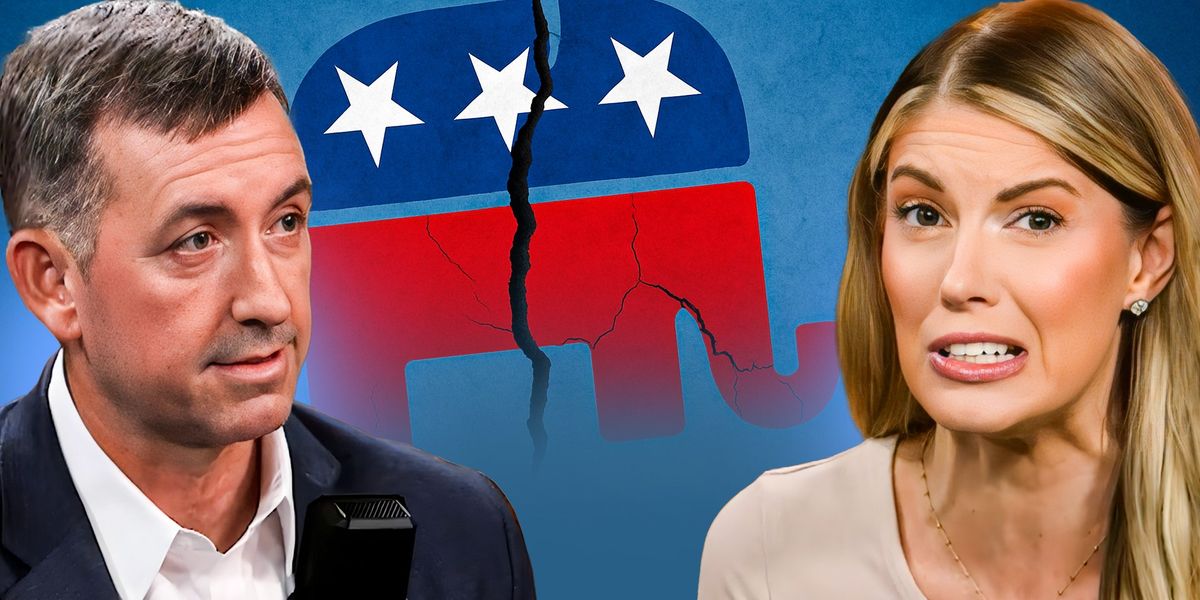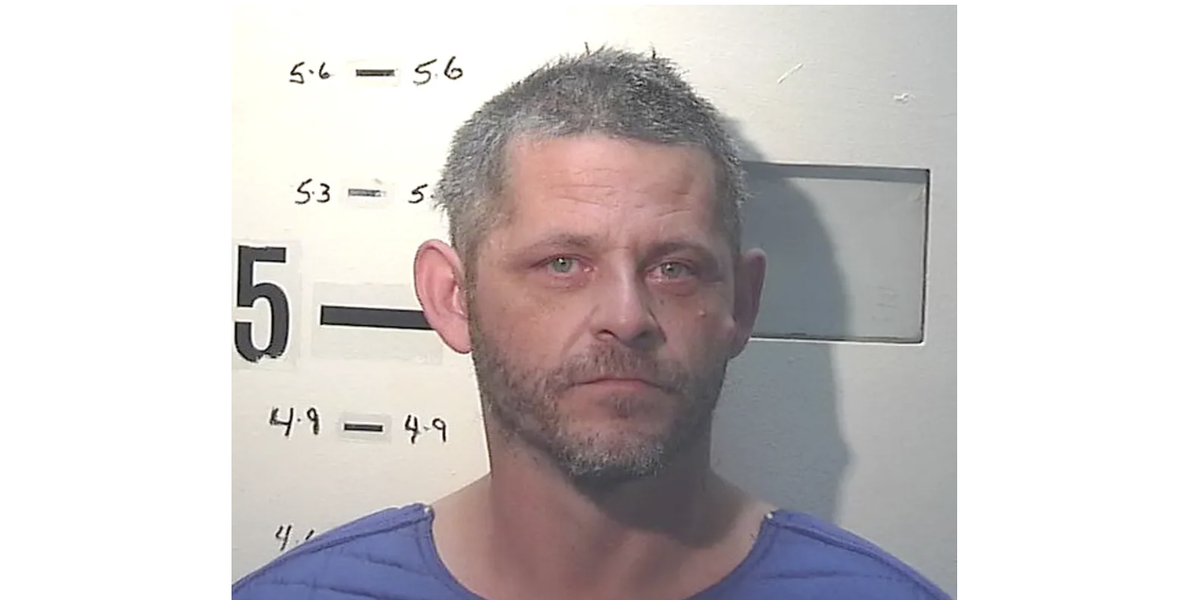Draconian laws in New York make gun owners distrust medical professionals. According to an April 2025 paper, “94.4% [of gun owners] are less likely to seek mental health care.”
“The Impact of New York SAFE Act Reporting on Gun Owners’ Health Care Decisions” by Sandra D. Richardson explores the views of gun owners in New York state. Richardson has been conducting research on the topic for years and as previously reported, she was once hung up by New York’s system. After conducting an anonymous online survey of gun owners, Richardson found that of them, “93.3% have less trust or do not trust in mental health providers and 94.4% are less likely to seek mental health care if they need it.”
This chilling effect, Richardson says, is a direct result of the New York Secure Ammunitions and Firearms Enforcement Act. The SAFE Act has several provisions–Mental Health Hygiene Law § 9.46 reporting being one–that has had a negative effect. Medical providers are required to–or feel compelled to–report every and any instance of mental health aid being rendered to the New York database. Being in that database disqualifies people from firearm ownership.
“Gun owners are also not inherently violent, and they value the right to bear arms. Loss of this right has ramifications beyond the inability to defend oneself,” the paper states. “Potential impacts of losing of this right include disconnection from a community or support network, feeling shame or embarrassment for seeking care, and loss of a career, engaging hobby, or pride in a skill. Such impacts may cause individuals to avoid seeking mental health care when needed [citations omitted].”
The study included 282 participants and the Survey Monkey platform was utilized to administer the survey. The survey was open from February 22 through May 29, 2024. Of the 282 participants, only 178 were New York state gun owners.
It’s asserted that: “These results clearly indicate that NYS MHL § 9.46 mental health reporting is adversely impacting gun owner’s health care decisions. Given the similar purpose and implication of MHL § 9.46 and NICS mental health reporting laws, it is reasonable to extrapolate these results to NICS reporting as well.”
The results that Richardson found corroborate assertions made in her 2023 paper “Codified Barriers to Mental Health Care, an Example from New York State.” Within that paper, Richardson contends that MHL § 9.46 reporting created a large barrier to mental health care. Looking over the data gathered through research, it was found that the reporting conducted using the Mental Health Hygiene Law § 9.46, only a small percentage of the target population is captured. In essence, the program is ineffectual.
While what’s being uncovered is not revolutionary to many who track laws such as the New York Secure Ammunitions and Firearms Enforcement Act, this is an important body of work that’s not being done by anyone else. All too often the centers and groups that conduct so-called “research” are being funded by entities with a political bias against firearms. Under the guise of public health studies–many times by doctors, no less–a lot of junk science gets put out there where the outcome is written prior to the research. All those works have questionable funding origins.
Richardson’s research and her papers are filling holes that are missing in quality information being available. Will this body of work lead to policy change? Hard to tell. But we won’t know unless the data and findings get distributed. Albany can’t ignore what Richardson is finding forever, nor can the so-called “gun violence researchers.”
Editor’s Note: President Trump and Republicans across the country are doing everything they can to protect our Second Amendment rights and right to self-defense.
Help us continue to report on their efforts and legislative successes. Join Bearing Arms VIP and use promo code FIGHT to get 60% off your VIP membership.
Read the full article here







![Trump Promises Lower Prices While Taking Aim at Inflation at McDonald’s Event [WATCH] Trump Promises Lower Prices While Taking Aim at Inflation at McDonald’s Event [WATCH]](https://www.lifezette.com/wp-content/uploads/2025/11/2025.11.19-07.05-lifezette-691d6c337059f.jpg)



![NYPD Officer Shot in the Face, Returns Fire During Early Morning Gunfight in Brooklyn [WATCH] NYPD Officer Shot in the Face, Returns Fire During Early Morning Gunfight in Brooklyn [WATCH]](https://www.lifezette.com/wp-content/uploads/2025/11/2025.11.18-08.42-lifezette-691c3189a6bc5.jpg)